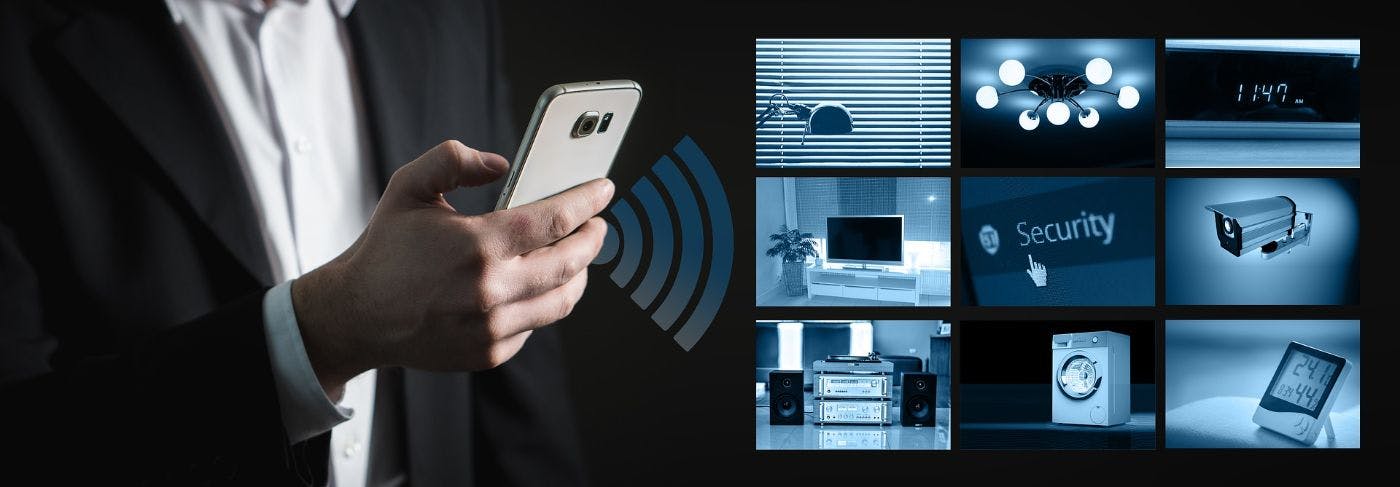286 reads
Expert Web Security Tips for Digital Nomads
by
July 28th, 2022
Audio Presented by
Hareesh Narayanan writes about technology, digital trends, SaaS, Marketing, Application, Internet Security, SEO etc.
About Author
Hareesh Narayanan writes about technology, digital trends, SaaS, Marketing, Application, Internet Security, SEO etc.
